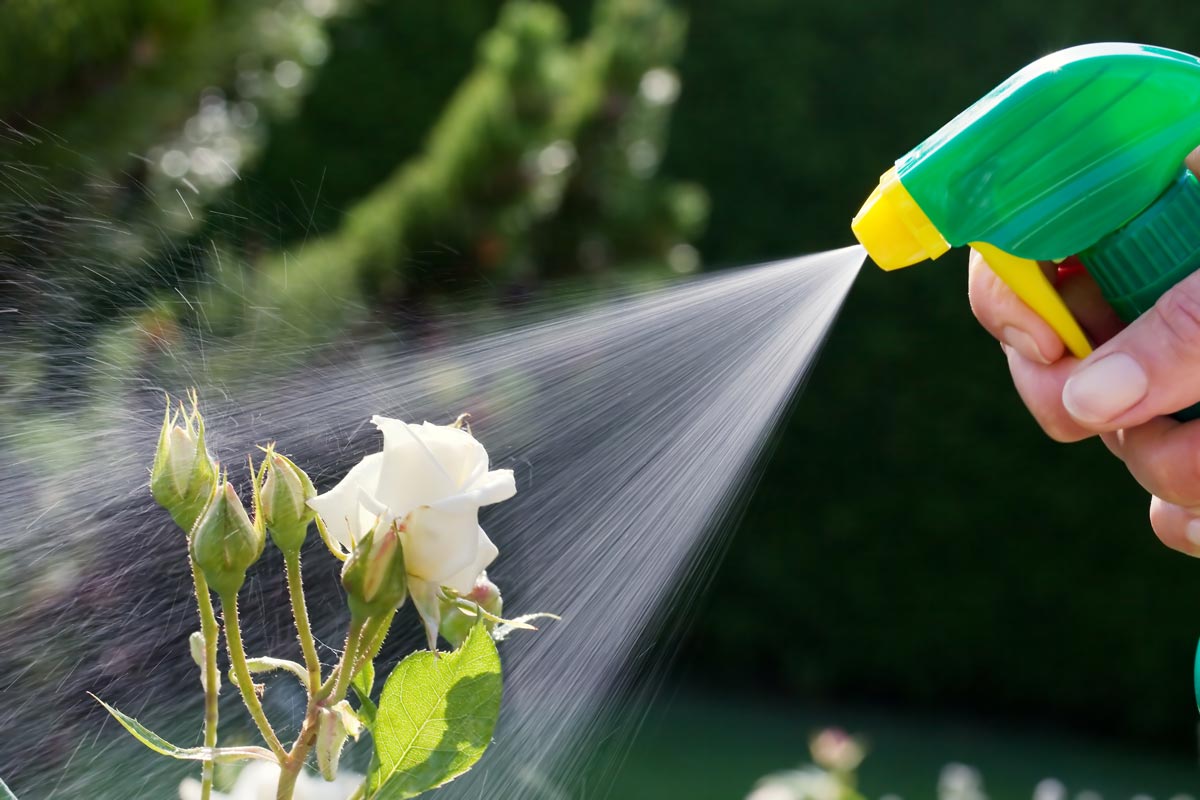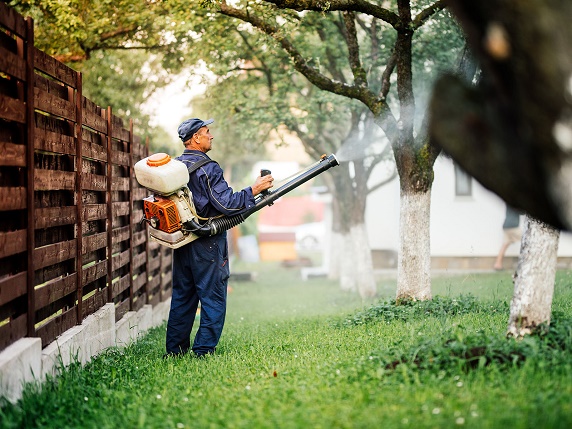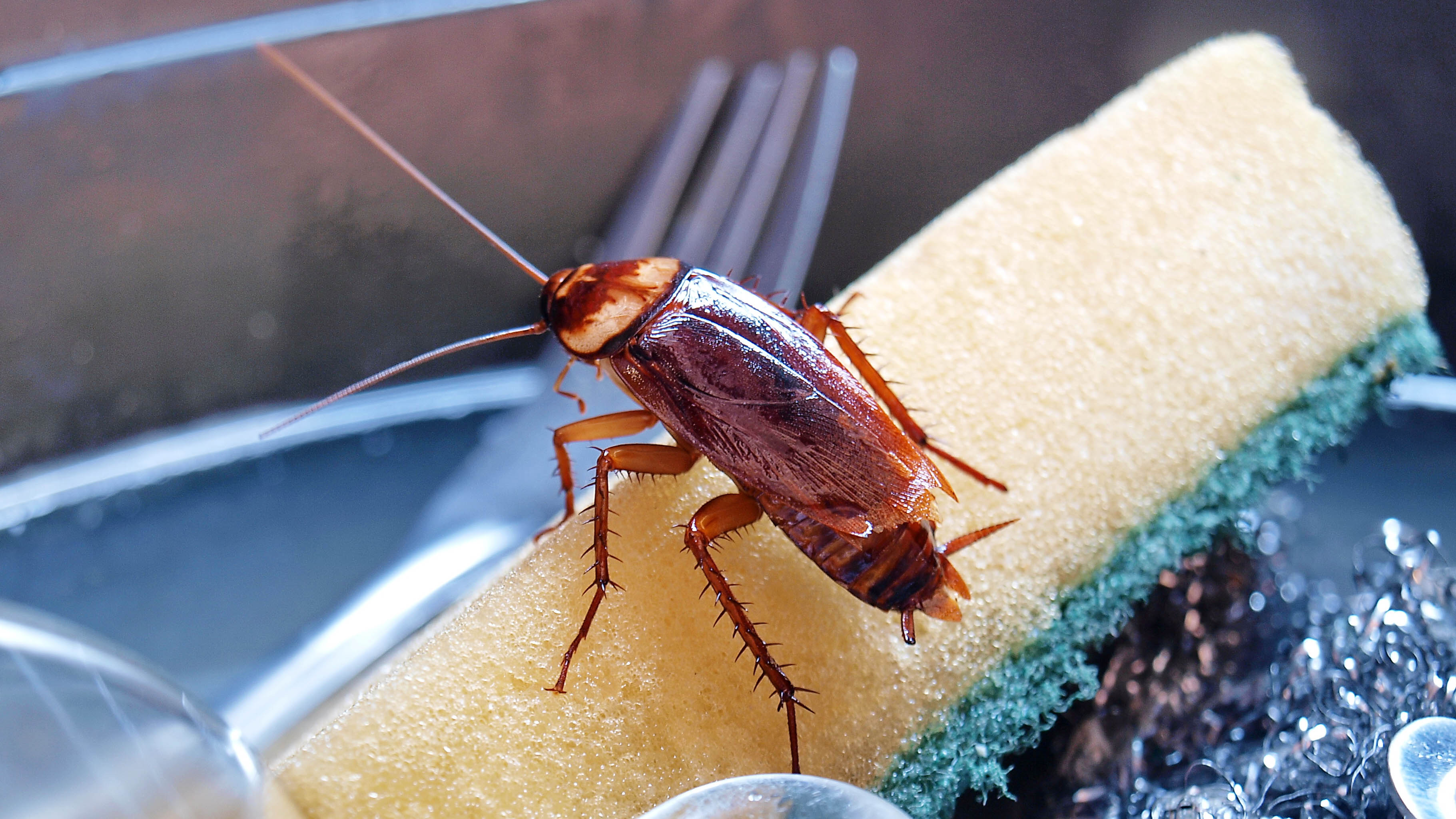How do you really feel in relation to Natural Garden Pest Control?

No home owner wishes to share area with a pest. These uninvited burglars can harm your property and also hurt your health. Unfortunately, substantial pest invasions typically equate to making use of harmful chemicals. Though there are now green chemicals in the market, they can still be uneasy, especially if you have young children in your house. Thus, it would be far better to practice alertness as well as avoidance to prevent full-blow problems. Here are 7 guaranteed means to control parasites so you don't need to consider harmful chemicals.
Set Up a Regular Cleaning Arrange
Bugs usually get into spaces that are not clean. If you want to make certain your house is pest-free, stick to a regular cleaning routine.
- Cooking area drawers
- Walls
- Under the fridge
- Within cupboards
- Behind the stove
- Crevices of furnishings
Dispose of Food Scraps Correctly
The key factor pests like your home are all the food! Dispose of food scraps in paper bags as well as put them in a sealed rubber container. Make certain that crumbs are vacuumed, and also kitchen counters are wiped down.
Seal Off Entrance Things
If you desire parasites to stay out, seal off all possible entrance points. Bear in mind, a little mouse can squeeze its body in a hole as big as a container. Take notice of tiny cracks because spiders as well as ants can undergo there. You can utilize a caulking gun to fix any type of bothersome locations. Pay attention to door and also window voids. You can utilize climate strips to make certain your house is extremely sealed.
Guarantee Good Air Circulation
Every once in a while, open your windows. Make it an indicate check that your screens are not harmed to prevent seepage. Especially, some insects like dust mites like wet and damp settings. If you want them gone, permit fresh air and sunlight to flow through your home. This comes with the benefit of ensuring you don't have to take care of mold as well as mold development.
Use DIY Pesticides
You can DIY pesticides without chemicals. For soap, vinegar and also instance eliminate dust mites. Lavender climbed, and also neem crucial oils ward off ticks. Due to the fact that the poignant scent drives them insane, Pepper mint oil likewise works marvels on a great deal of bugs. Think about making self-made concoctions to keep pests away.
Try an Ultrasonic Plug
Keep them near entrance factors to ward off aggravating pests. These innovative devices send out sound waves that only pest ears can hear.
Seek Eco-Friendly Pest Control
If you have done whatever feasible, however bugs still involve your property, you should call a respectable pest control business. If you desire environmentally sound and also secure remedies, you have to look for a firm with "environment-friendly" qualifications. This suggests they utilize organic chemicals to eradicate pest problems to assure the safety and security of your family, belongings, as well as pets.
No house owner wants to share area with a pest. Massive pest problems typically relate to the use of poisonous chemicals. Here are 7 proven methods to regulate pests so you do not have to resort to poisonous chemicals.
If you want bugs to stay out, secure off all feasible entry factors. If you have actually done everything possible, yet pests still come to your residential property, you must call a respectable pest control firm.
Effective pest control without the harmful chemicals
If you have grown plants for food or aesthetics, you have probably experienced the frustration of losing some of your crops to insects and other pests. That is just a part of gardening, although if you grow crops year-round, you’ve probably realized that the upside of winter gardening is that you don’t have to spend much time fighting herbivores, since the cold weather kills them or drives them into a dormant stage. Animals are a different story, however, and you may find that hungry squirrels, deer, raccoons, or other critters are helping themselves to your plants even through the cold season.
To get rid of insect herbivores, many gardeners resort to using insecticide-pesticides. (Pesticides consist of a number of substances, including weed killers like RoundUp, insect-killing chemicals, and molluscucides, or “snail bait.”) In fact, most commercial (and many non-commercial) plants are grown with the aid of pesticides. While this may seem like a solution to the problem of insect herbivores ruining all your hard work, it has many downsides that have implications for your plants’ health, the health of the environment, and your own as well.
What effects do pesticides have on plants, the environment, and human health?
Regular use of pesticide undermines plant health because insects develop greater resistance to those pesticides, which means that you have to use more pesticide. That increased usage can stunt the plant’s growth, interfering with photosynthesis and killing of beneficial microorganisms in the soil that help the plant to complete the chemical processes involved in delivering nutrients to its roots and leaves. Pesticides also contaminate the soil, water, and air harming wildlife and other, non-target plant species.
Are organic pesticides better?
Some people believe that using organic (i.e. plant- and mineral-based) pesticides is better for human and environmental health than synthetic pesticides. This is a common misconception, and one that the organic food industry is not too eager to correct. In fact, while most people believe that using pesticides that are approved for organic farming are less harmful than using synthetic pesticides, there is not much evidence to support this. However, the main reason for the lack of evidence is that there just haven’t been enough studies done to show the effects of regularly using organic pesticides on the health of plants and animals, the environment, and humans.
The studies that have emerged in recent years suggest some disturbing facts: one such study,[i] published in the journal PloS One in 2010, noted that the natural pesticides 1) mineral oil and 2) beauveria bassiana (a fungus), both USDA-approved for organic farming, were not only less effective in controlling soybean aphids than their synthetic counterparts, they killed off beneficial insects that kept the aphid populations down and thus had a negative environmental impact. Other natural pesticides, including insecticidal soap, pyrethrins, sabadilla, diatomaceous earth, horticultural oil, spinosad, and copper sulfate (a fungicide), are all toxic to bees. Rotenone, also approved for organic farming, is toxic to fish. Bacillus thuringiensis (Bt), a soil-dwelling bacterium and the most widely used pesticide in organic farming, is harmful to butterflies, moths, flies, and beetles.
https://www.greenandprosperous.com/blog/effective-pest-control-without-the-harmful-c

As an enthusiastic reader about Control Household Pests Without Scary Poisons, I imagined sharing that piece of content was a smart idea. Liked our content? Please share it. Help others discover it. We recognize the value of reading our article about Pest control.
Schedule Appointment



